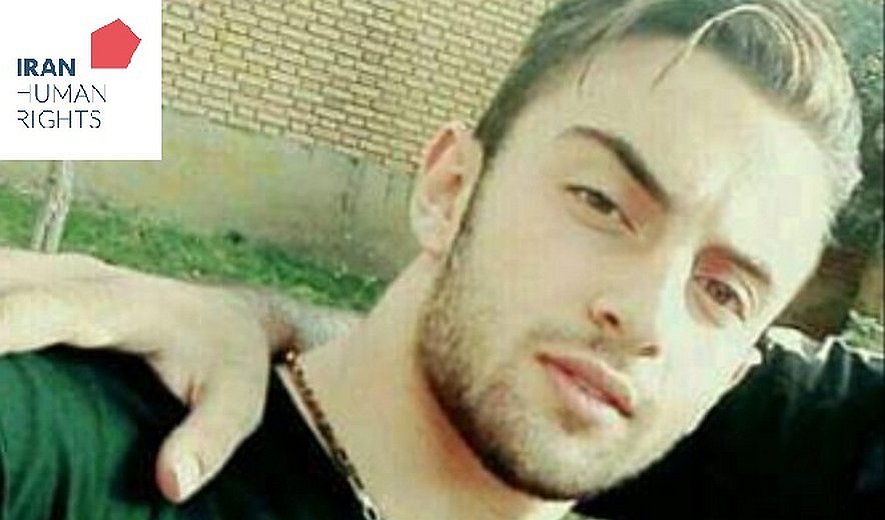Iran: Juvenile Offender Seyyed-Danial ZeinolAbedin Sentenced to Death

Iran Human Rights (December 1, 2018): Seyed Danial ZeinolAbedini is a juvenile offender whose death sentence has been upheld by the Supreme Court and is scheduled for execution. Iran Human Rights (IHR) urges the Iranian authorities to stop juvenile executions and calls on the international community to pay urgent attention to Seyyed-Danidal's case.
According to the IHR sources, Seyyed-Danial Zeinolabedin was born on August 9, 2000. He committed a murder on September 22, 2017. This means he is sentenced to death for a crime committed under the age of 18.
Under Article 91 of the Islamic Penal Code which was added to the law 5 years ago, judges are allowed to issue alternative verdicts for the minors. The juvenile offenders whom a judge considers not mature enough to realize the nature of the crime committed can face prison terms.
Seyyed-Danial’s lawyer, Asoo Arya, told IHR, “my client is underage. According to Article 91 of Iran’s Islamic Penal Code, execution of people under 18 years old is not allowed unless the court recognizes the defendant as a mature person by sending him/her to forensics. My client has not been sent to forensics.”
However, according to Article 91 of Iran's revised Islamic Penal Code, it is up to the presiding judge's discretion to deem the juvenile mature enough to understand the nature of the offense: "In the cases of offenses punishable by hadd or qisas, if mature people under eighteen years do not realize the nature of the crime committed or its prohibition, or if there is uncertainty about their full mental development, according to their age, they shall be sentenced to the punishments prescribed in this chapter." Otherwise, the Islamic Penal Code puts the age of criminal responsibility for males at 15 and 9 for females.
However, the article could neither stop nor even decrease the execution of juvenile offenders. From the application of article 91 in 2013 to the end of 2017, at least 35 juvenile offenders have been hanged in Iranian prisons.

